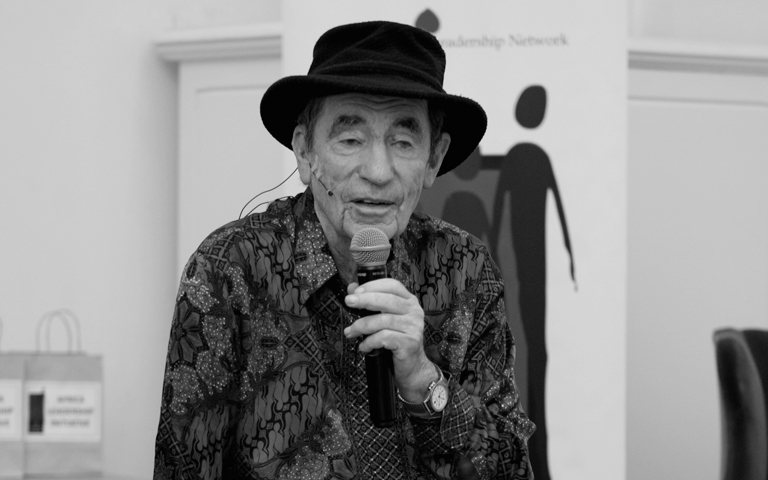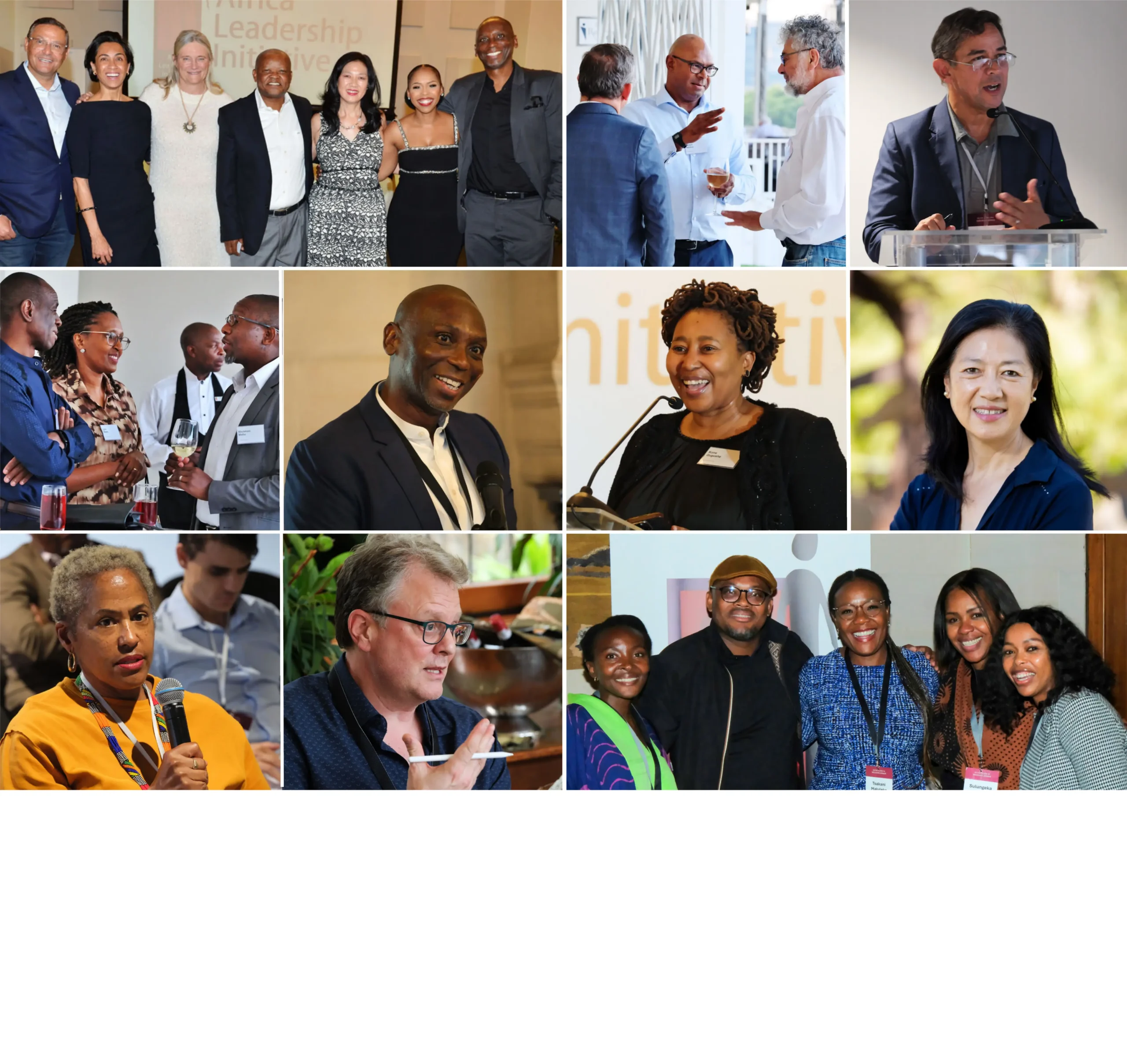
In the debate about land expropriation without compensation, the voice of Justice Albie Sachs is critical. As both a member of the Constitutional Committee and a former judge of the Constitutional Court, he has a deep understanding of the rationale for and implications of the principles and demands of Constitution. Equally, he has a deep understanding of the amendments that would need to be made, and the implications of these, in order to accommodate the tabled direction of the land issue.
It is for this reason that ALI SA was extremely pleased to have secured Justice Sachs as a speaker for the first of the Good Society Dialogue Series, held on Tuesday June 19, 2018. The topic of the Dialogue was the Constitution and the land question; and as hoped and expected, this Dialogue opened up rigorous conversation and debate amongst Fellows, and established fertile ground for rich engagement on a critical national issue.
The land issue, Justice Sachs said in his opening remarks, ‘was a hot potato then and it is a hot potato now’. He recalled how in the mid-80s, he was among a group of South Africans in exile in Lusaka who met at the ANC’s headquarters to engage in deep discussion about the constitutional guidelines. The topic of land, even then, was one which affected almost everybody in the small room. Ultimately a decision had been made not to attempt to be prescriptive, but rather to honour the fact that the land issue was amongst those which needed to be decided on by a democratically elected SA. In the meantime, unspecific formulations were settled upon, mainly repeating the provisions of the Freedom Charter.
The bigger issue
Justice Sachs made the point that since Parliament has said it will adopt land expropriation without compensation as a policy, the discussion has moved on. It’s no longer an “if”, but a “how”: the big issue now is that in order to give effect to this decision, it is necessary to amend Section 25 of the Constitution. Necessarily, this will require judicial review – a body that is independent of Parliament will need to oversee the process in order to make sure that this amendment does not dismantle the Constitution in any other ways. The proposal Justice Sachs shared was therefore for the development of an expropriation law that facilitates land expropriation without compensation, but which also defines the circumstances in which this would be permissible. The matter would then be referred to the Constitutional Court and a number of scenarios would be considered before the law is implemented. He offered some easy cases that would permit expropriation, in trying to make sense of how the law would work: 1) you’ve got unoccupied land in an urban area, the others who are wealthy and have benefitted from apartheid are holding out and there’s a desperate situation where housing is needed, therefore R1 compensation. 2) There’s a case of unused farmlands, somebody already has 3 or 4 farms therefore land/a farm can be expropriated. 3) In a different scenario, instead of expropriating from a farmer and handing over to somebody else, farm workers could get equity stake on a progressive basis. It might be justified for families who have worked the land, always been there for generations and buried their families there. It fits in with Freedom Charter that the land be shared amongst those who work it. This scenario could fit in as a form of expropriation as well.
Equipping Fellows
Apart from being a highly emotive topic among South Africans, the land issue is also a cause for deep concern for markets, economists and farming groups – for instance, what might be the impact on the critical agricultural sector? Fellows who attended the Dialogue issued a plea for assistance in navigating the issue effectively, in order to equip themselves to better support public awareness and the education process around it. Other questions expressed concern of anarchy in the country with regards to different political parties offering differing views on the topic and concern over tribal attitudes when it comes to the land question; whether or not government shouldn’t be doing more beyond their level of engagement as it and on implementation, ensuring that there is delivery on expectations raised.
About the Good Society Dialogue Series
ALI’s Good Society Dialogue Series includes a series of sessions such as the one above, each one focused on a different challenge facing South African society; as well as a series of Digital Discussions and media engagement events. These Dialogues and Discussions are a response to the positive inquiry at the inaugural Africa Impact Forum in March 2018, about extending and deepening ALI’s points of contact and engagement with the Good Society. The purpose of these sessions is therefore to bring Fellows together around the key issues facing the nation today, and thus to further seek ways in which both the individual and the collective can effectively respond to these them.
The launch session with Justice Sachs was well attended, and the Dialogue Committee looks forward to hosting further Dialogues in which passionate Fellows progress their understanding of and response to the issues that are pivotal to our nation.









